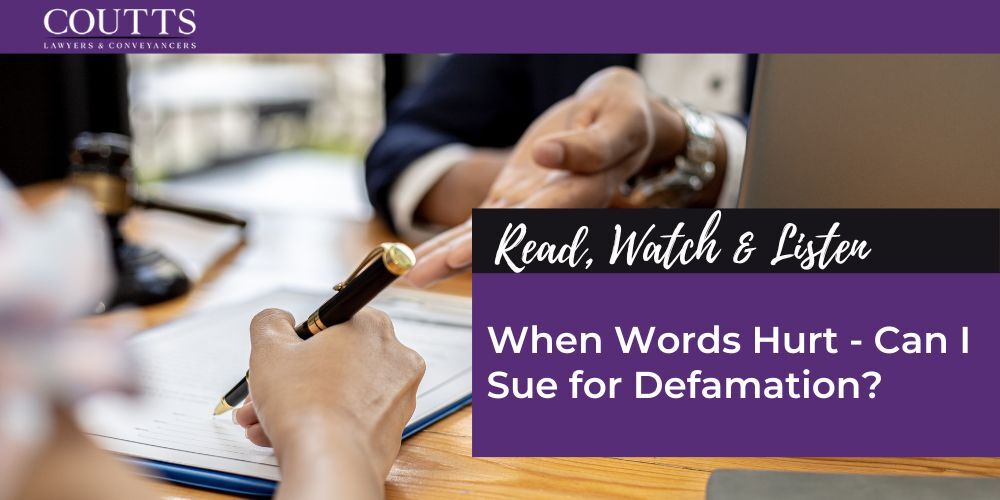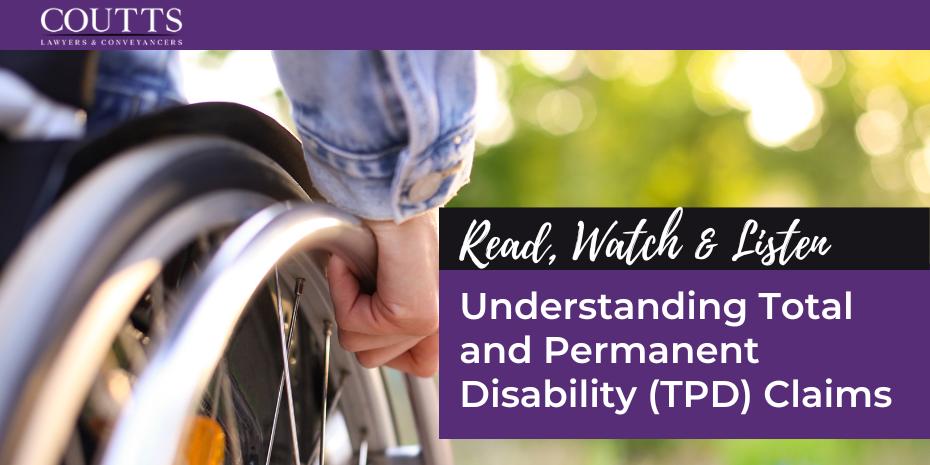KEY TAKE-OUT:
A personal injury claim is not limited to physical or psychological injuries. A person may be compensated when defamatory material causes damage to their personal or professional reputation, or when defamatory material causes a person to be shunned, shamed, or avoided by others.
The key legislation for defamation claims in New South Wales is the Defamation Act 2005 (NSW) (“the Act”). This statute sets out the elements of a claim, the required process to be taken before commencing a claim, provides a non-exhaustive list of defences, and includes reference to remedies and cost consequences for unsuccessful defendants. In this blog, we outline the key aspects of defamation law so that you can be aware of your rights and liabilities.
Claims for Defamation
There are three key elements that must be proved on the balance of probabilities, that is more likely than not, in order for a defamation claim to arise. There must be:
- Publication – The material must be published to at least one person, not including the alleged defamed person. This can include:
- Written material, including social media posts and comments;
- Pictures; or
- Spoken statements.
- Identification – The material must identify the allegedly defamed person, either directly or indirectly.
- Defamatory – The material must be defamatory to the ‘ordinary reasonable person’. Whether something is defamatory is to be determined according to its ‘natural and ordinary’ meaning and on the standards of the community as a whole. Generally, the material of a defamatory nature is likely to:
- Cause a person to be shunned, shamed or avoided by others;
- Adversely affect the reputation of the person in the minds of right-thinking members of society; or
- Damage the person’s professional reputation.
Defences to Defamation
Part 4, Division 2 of the Act provides a non-exhaustive list of the various statutory defences available to defendants. Some of the main defences include:
- Justification – The defamatory imputations of the material are substantially true.
- Absolute privilege – Material published in the course of proceedings of a parliamentary body, or an Australian court or tribunal is not defamatory.
- Public documents – Certain public documents, such as parliamentary reports or court judgements, are not defamatory. This defence can be defeated, however, if the material was not published honestly for the information of the public or the advancement of education.
- Honest Opinion – The material was an expression of opinion rather than a statement of fact, and the opinion is related to a matter of public interest, and the opinion is based on proper material.
Time Limitations
A claim for defamation must be made within one year of the date of publication of the defamatory material. However, this time limit may be extended to up to three years from the date of publication in certain circumstances.
It is important to note that corporations and larger companies are unable to sue for defamation, but a claim may still be brought for injurious falsehood.
Remedies
A claim for defamation is a civil matter. An injured plaintiff may institute court proceedings if informal measures, such as a concerns notice, are not successful. If the plaintiff’s claim in court is successful, the defendant will be ordered to pay the plaintiff damages, and in some cases, the costs of the court proceedings.
Damages for economic loss are not fixed and depend on the circumstances of the case, however, damages for non-economic loss are limited to $250,000 in non-aggravated circumstances.
A defendant may also be charged under section 529 of the Crimes Act 1900(NSW) for criminal defamation, which carries a maximum penalty of 3 years’ imprisonment, in certain circumstances.
Defamation is a complex area of law. If you think you have a claim in defamation, or want to defend a claim, it is important to seek independent legal advice relevant to your facts and circumstances. At Coutts, we have lawyers experienced in personal injury matters that can assist you.
For more info, please contact our office for an initial consultation to discuss your matter. Please call our office on 1300 268 887 or email info@couttslegal.com.au to speak with a member of our team.
For further information please don’t hesitate to contact Coutts.
This blog is merely general and non-specific information on the subject matter and is not and should not be considered or relied on as legal advice. Coutts is not responsible for any cost, expense, loss or liability whatsoever to this blog, including all or any reliance on this blog or use or application of this blog by you.



